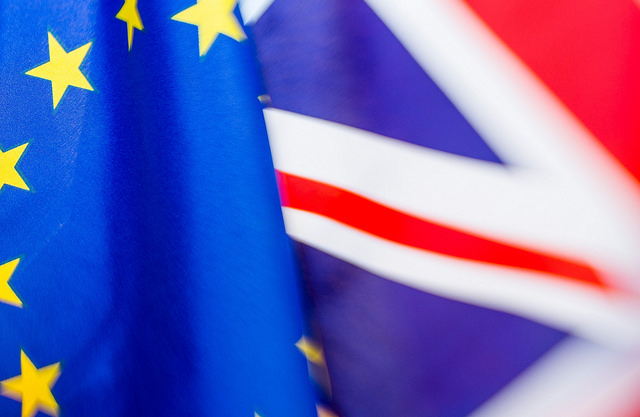by Albert Sanchez-Graells, Professor of Economic Law and Co-Director of the Centre for Global Law and Innovation

Post-Brexit, the UK has been repositioning itself in the global trade scene. Focusing on trade-related public procurement liberalisation, the first two moves for the UK were: one, to join the World Trade Agreement Government Procurement Agreement (GPA), of which it had been a member via the EU, and two, to enter into a comprehensive procurement chapter with the EU in the EU-UK Trade and Cooperation Agreement (TCA). As a result of these two moves, the UK largely consolidated the pre-Brexit status quo and ensured continuity in market access for UK suppliers abroad, as well as foreign suppliers in the UK.
The next move is now for the UK to expand procurement-related trade liberalisation via free trade agreements (FTAs), of which it has signed one with Australia and another with New Zealand. The UK is also seeking accession to other multilateral FTAs covering procurement, such as the Comprehensive and Progressive Agreement for Trans-Pacific Partnership (CPTPP). Interestingly, both Australia and New Zealand are parties to the GPA and to the CPTPP, so the UK is about to create a triple layer of regulation of procurement liberalisation with these two countries, as all relevant procurement exercises will be subjected to the GPA, the CPTPP and the FTAs. Is this a problematic strategy? (more…)

